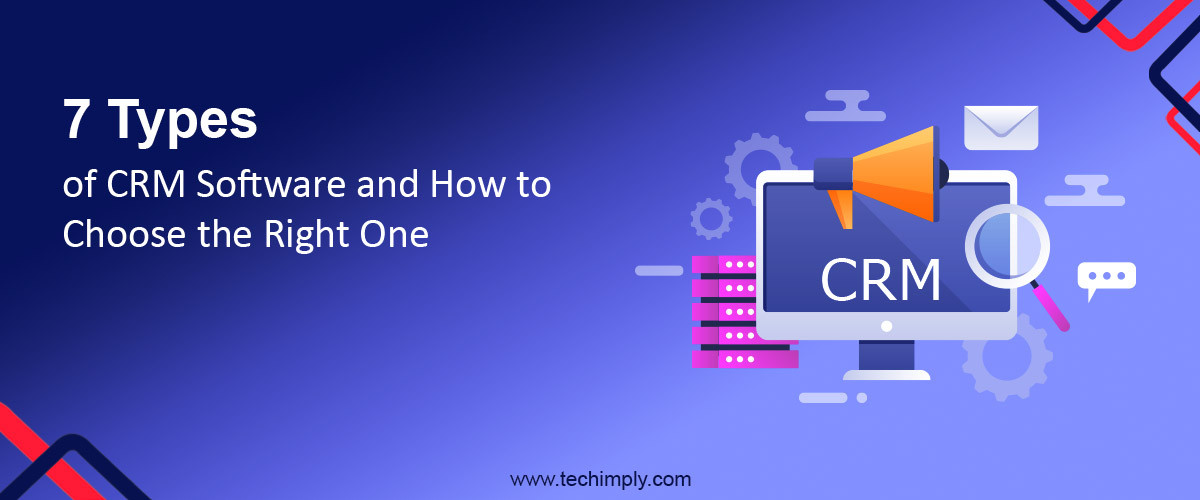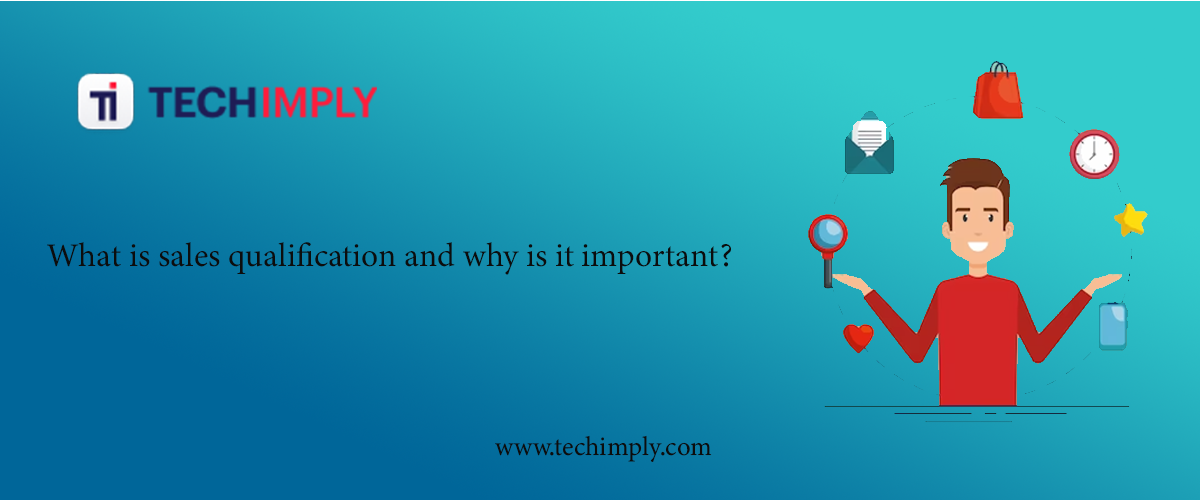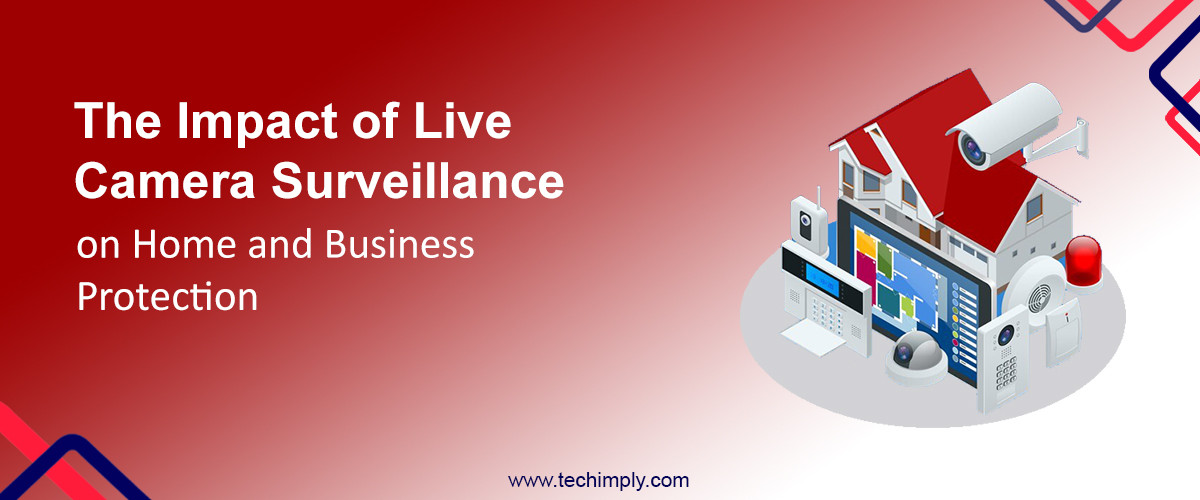Today, CRM Software serve as a comprehensive tool for managing every aspect of the sales customer management process, from cultivating leads to building customer loyalty. They form a one-stop solution in India for businesses of all scales, simplifying the management of customer data. More than just a tool for sales, marketing, and customer service teams, Top CRM software benefits every department in an organization by offering real-time, updated customer information.India provides a wide range of CRM Software that are specifically designed to fulfil the unique demands of businesses across several industries thanks to its active and constantly growing market.
This includes departments that don't directly interact with clients. For instance, financial teams can leverage CRM in India to monitor deal progress, aiding in revenue estimation. Similarly, IT teams can collaborate with sales and marketing to scrutinize customer engagement with the company's website. If you're considering implementing or upgrading your CRM system type of CRM type is a new concept, this guide will assist you in understanding the vital features to look out for in CRM software.
What is CRM software?
-
The administration and organisation of vital client data is made possible by customer relationship management software, which is more than simply a tool for companies of all sizes. A CRM types programme is essential to maintaining your focus on your customers, whether your clientele is little or large. It might be difficult to manage voluminous client data.
-
Top CRM software in india may revolutionise your customer care and Contact Center Software procedures, from lead scoring to sales customer management automation. More importantly, it handles the labor-intensive job automation, freeing up your time to focus on fostering those crucial client connections. Making sure every consumer connection with your firm is nothing but nice is the key.
-
CRM tools are intended to support organisations in establishing relationships with their customers. Businesses may get useful insights into the requirements and preferences of their consumers by organising and maintaining customer data, enabling them to customise their goods and services appropriately. Along with increasing customer happiness, this boosts sales and income.
Why is CRM Software Important To Use?
-
A crucial tool for organisations in today's cutthroat marketplace is CRM Software (Customer Relationship Management) software. Businesses are able to more skillfully handle interactions and connections with both current and future consumers. CRM enables companies to better understand their customers' requirements, preferences, and behaviour by organising and analysing customer data. As a result, businesses are better able to satisfy customers, forge deeper bonds with their clients, boost productivity and sales, and cultivate long-term client relationships.
-
Additionally, CRM software automates a variety of activities, freeing up staff members' time so they may devote more of it to providing excellent customer care rather than administrative work. In light of this, it is impossible to overestimate the importance of CRM types in contemporary commercial settings.
-
CRM software implementation alone does not ensure success, though. Businesses must first identify their unique requirements in order to select the best CRM system type. This will help desk software them realise the full potential of CRM. There is no one-size-fits-all method for choosing CRM software because every company is different.
-
The sector in which your firm works is a vital factor to take into account when selecting a CRM system. A CRM types that works effectively for one sector may not be as successful for another since various businesses have distinct customer interaction patterns. For instance, a B2C company's requirements will be very different from a B2B business's requirements.
-
The size of your company is another crucial factor. A comprehensive, all-in-one CRM system type may not be necessary for a small organisation with a constrained client base and resource pool. On the other hand, a large company with several departments and intricate client connections would probably require a more complete CRM system to Customer Success Management Software all of its interactions.
-
The CRM software in India capacity to scale is also essential. Your client base will expand as your company does, and you want your CRM types to support this expansion without any problems. It is essential to think about your company's future requirements and pick a CRM system that can grow and adapt as your firm develops.
-
For Indian organisations, there are several CRM software choices. Choosing the one that is best for you might be challenging. In order to select the best India CRM software for your company
► Read Our Blog: Boost Your Business With Powerful CRM Software In India
What Are The 7 Types Of CRM Software?
1. Functional CRM
An operational Best CRM's in India comes from its capacity to streamline your business's relationships with both current and future clients. Its main goal is to help businesses save time by automating various business CRM Software in India procedures to help them acquire and keep customers. This CRM type is used by business owners to store important contact information and guarantee customer feedback Software, as well as to generate leads and convert them into paying customers. It also functions as an integrated system for duties related to project, accounting, inventory, and human resources management.
Any company seeking to efficiently manage and enhance its client interactions needs a functional CRM. This kind of CRM type enables firms to concentrate on delivering a seamless experience for their consumers by having the capacity to automate laborious operations. Entrepreneurs may save time and money while still providing high-quality services by optimising their client acquisition and retention efforts.
2. Analytical CRM
An analytical CRM is a powerful tool that CRM system type atically gathers and organizes data from sales customer management, marketing, and customer service interactions. This comprehensive approach enables business owners to extract valuable insights about their company's performance.
Top CRM presents these insights in the form of in-depth reports that serve as a guide for making strategic business decisions. An analytical best CRM can also help businesses identify customer trends and patterns, allowing them to tailor their marketing strategies accordingly. By analyzing data from CRM Software various touchpoints, including social media, email campaigns, and website interactions, an analytical CRM enables businesses to create targeted campaigns that resonate with their target audience. This personalized approach not only helps in increasing customer engagement but also Lead Management Software to higher conversion rates.
3.Collaborative CRM
A collaborative CRM types increases the effectiveness of cross-team communication and collaboration CRM systems type, enhancing customer happiness Customer Loyalty Software, and business profitability. It includes the teams in charge of sales, marketing, customer care, and technical support as well as clients, debtors, suppliers, distributors, and vendors.
Automation is also used by this kind of CRM to achieve its objectives.Organisations with several locations or divisions that rely largely on inter-team communication Teams with a need to follow clients via many channels, particularly on the digital side businesses seeking to improve consumer comprehension and boost client loyalty and retention.
4. Use Cases
Let's envision an operational CRM in action through Real Estate CRM Software. Imagine a business that caters to manufacturers by providing essential components and supplies. They've developed an informative website to attract potential customers, whose contact information then cascades to the sales and marketing departments.
With an operational CRM in place, these leads are systematically recorded and monitored throughout the entire sales journey. It offers a shared platform for sales customer management and marketing professionals to access crucial data and act accordingly to seal the deal. Post-sale, the CRM Software continues to track customer buying patterns and history, paving the way for follow-ups and potential upselling opportunities.
5. Campaign Management
When your enterprise is on the brink of rolling out a new marketing campaign, don't forget to leverage yourTop CRM, or Customer Relationship Management software, as the fundamental structure of your campaign. This powerful tool is capable of orchestrating timely emails and social media posts, monitoring ROI, and providing billing and invoicing Software analytics. Consequently, this gives you a holistic view of the performance of all your marketing endeavors, even when you're juggling multiple campaigns simultaneously.the value of CRM software, as it serves as the backbone of your entire marketing strategy.
It is essential to fully integrate your CRM with all other marketing platforms and channels to ensure seamless communication and data sharing. This integration provides a cohesive view of customer interactions, allowing for personalized and targeted messaging that can significantly improve conversion rates.
6. Sales Forecasting
Sales forecasting is an integral component of most CRM (Customer Relationship Management) software. It empowers businesses to make informed decisions by predicting future sales revenues based on historical data, current pipeline, and industry trends. By analyzing patterns, CRM software allows companies to anticipate demand, manage resources efficiently, and strategize effectively to meet their financial goals.
This tool is a game-changer for businesses, enabling a deeper understanding of customer behavior and enhancing the accuracy of sales predictions.Sales forecasting is not just a tool for large enterprises. Small and medium-sized businesses can also benefit from using CRM software to forecast their sales. In fact, it can be argued that effective sales forecasting is even more critical for small businesses as they often have limited resources and need to make every penny count.
7. On-premise CRM Software
Companies managing delicate client data, including financial or healthcare organizations, tend to favor on-site CRM software. This preference comes with a significant initial expense due to the costs of both infrastructure and software development. On-site CRM systems offer limited flexibility in functionality, as integrating new features often comes at a high price. Security, and disaster recovery plans falls squarely on the organization.
While these services can be outsourced to an external vendor, it introduces extra costs, contingent on specific needs. Apart from these, on-site CRM systems type also require IT support for maintenance and updates, adding to the overall expense.
On the other hand, cloud-based CRM Software offer a more affordable option for organizations of all sizes. These systems operate through remote servers, eliminating the need for costly infrastructure setup. Additionally, cloud-based CRMs provide greater flexibility in terms of features and can easily integrate
Who Should Use Marketing CRM Software
For sales and marketing teams of any size that want to execute effective inbound initiatives, marketing CRM software is a need.It gives companies the tools they need to create compelling media and marketing materials as well as insight into what appeals to customers.Who may profit from CRM marketing software? Here are a few instances:
Email marketers: The developing drip campaigns should be careful to send the appropriate messages at the appropriate times to the appropriate recipients in order to improve lead nurturing.
Marketers on social media: who are generating CRM Software leads engage with and monitor their following on one or more platforms, and utilise both free and paid methods to do so.
SMS Marketers Texting Leads: Using text message campaigns sent to chosen leads, enhance engagement and sales.
Internet marketers Website visitor capture: Use interactive landing pages, pop-ups, and live chat widgets to engage prospects and collect leads.
Choosing the Right One for You
-
Big choices often start with simply narrowing down your options.In most cases, businesses will rely on more than one CRM type.
-
Techimply with an understanding of the different types of CRM Software, we hope you feel a little closer to choosing the right 1 for your business. But how can you make sure you pick the best of the best in that category?
-
Insights mined from an analytical CRM type can be integrated into an operational CRM to send targeted communications to customers based on specific conditions.
-
The right CRM recipe for you is a function of your objectives and goals. Fortunately, CRM platforms are not purpose-built some of the best CRM software offer multiple CRM types in one package.
-
When you decide which type(s) of CRM that you want to deploy, you have the freedom to choose CRM software solutions in India that work for you without overpaying for features that you’ll never use.
-
With all of the above met no matter which CRM type you choose you’ll be well on your way to CRM bliss.
Conclusion
The common usage of CRM software in India highlights its important for companies of all sizes. It's critical to compare a CRM software and cost-effectiveness before choosing one. Given the size of your company, CRM software might not seem like the most cost-effective option for an outside sales and marketing staff. Its long-term advantages, though, could exceed the upfront outlay. Before choosing the best CRM software suited to your company's demands, it is important to conduct thorough research and product comparisons. It's projected that the list of top CRM software in India will grow as the trend of incorporating CRM software into everyday processes continues.




.png)

